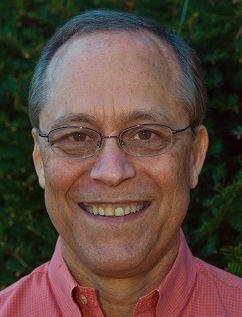
I have practiced as a counseling psychologist for 35 years with the vision of empowering others to function at their best. Keenly aware my entire life that I am a spiritual being having a human experience, my vision has been to find practical and workable ways to integrate both of these very vital aspects. With a keen interest in how our minds work, I first sought a degree in psychology. My psychological training, focused largely on personality, mental abnormalities, and psychological testing, left me feeling unfulfilled. There was a blatant omission of research and focus on well-being. Almost all psychological study was based on the identification and treatment of dysfunction. Psychological pathology was the subject of focus, not vibrant mental health.
In my pursuit of a more inclusive paradigm, I eventually discovered the emerging field of Positive Psychology in 1998. Positive psychology sought not to study abnormality, but instead chose to seek out and study high-functioning individuals. This made imminent sense to me! If we want to learn how to be high-functioning, then we should look at the lives of those who are. Steven Covey had pioneered this concept nine years earlier through his highly successful book, “The Seven Habits of Highly Effective People.”
Over the last decade I have studied the principles that consistently make a real difference in how we live our lives at our best and developed a system for personal growth that integrates sound psychological principles with practical spirituality. I have put those principles in writing in a book titled, “Living Your Best: A Powerful Blueprint for Personal Transformation.”
This is a book about five key principles that literally changed my life. By aligning my thoughts and actions with these principles, it changed the way I experienced the world. My positive focus tremendously increased and my negative reaction became much less, in all areas of my life.
I’ve written about the Five Principles because I truly believe they align us with the highest and best within each of us—and that changes the way we experience the world.
What really makes this book unique are the tools and exercises that help to integrate the Five Principles and make them a practical part of our lives.
